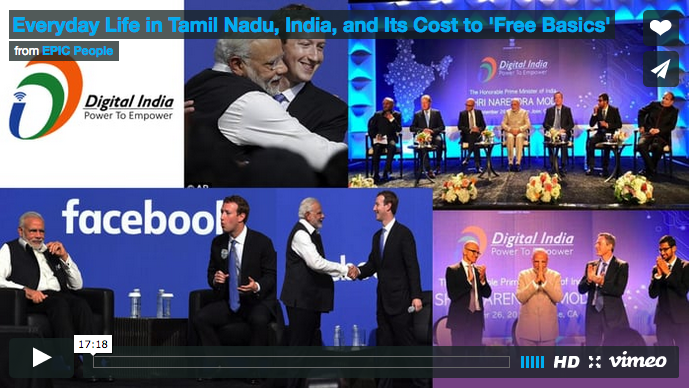This paper explores how the ‘Free Basics’ initiative in India got transformed into a national debate on ‘net neutrality’ principle and finally led to it being banned in India. Further, this paper will also use ethnographic data to analyse how this ‘controversial’ initiative was debated, the claims...




